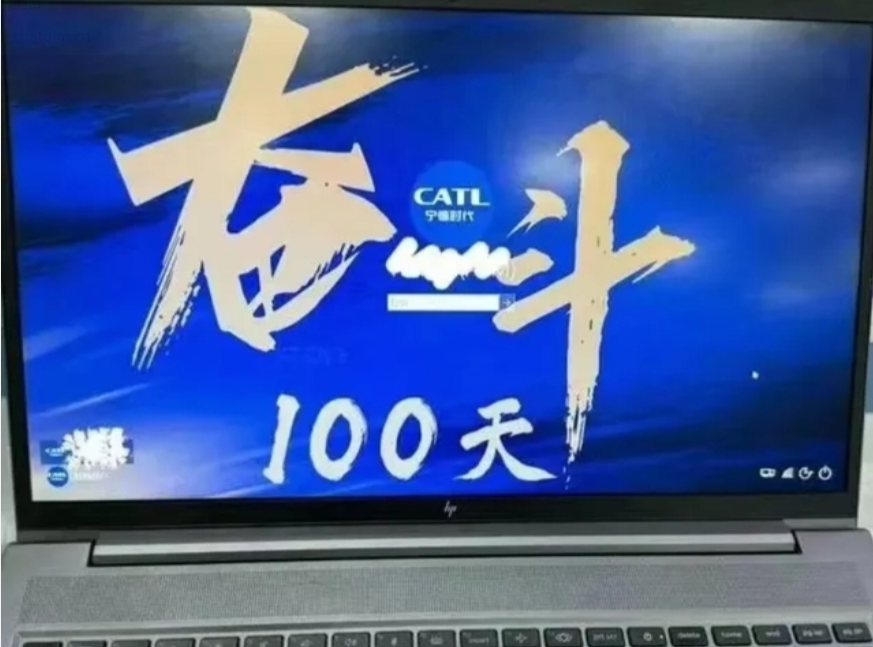News
Controversy Surrounds CATL’s “896” Work Schedule Amidst Market Challenges
In the spotlight of the new energy vehicle industry, CATL, often referred to as the “King of Batteries,” has recently grabbed attention not for its strategies or business dealings but for its “striving mode.”
Media outlets reached out for confirmation, and a company representative denied the existence of such a regulation, labeling it as a misinterpretation and rumors. However, employees contradicted this, stating that the policy was indeed communicated during departmental meetings last Friday, albeit verbally. Additionally, some employees mentioned that the company’s desktop backgrounds were collectively changed to reflect the slogan, and while there was no formal company-wide announcement, some department heads issued overtime notices, including those in the R&D department. It was also revealed that the call for extra effort was targeted at employees of level 7 and above, excluding all staff. Level 7 and above includes positions such as engineers, managers, directors, presidents, and chairpersons, indicating a focus on middle and senior management, as well as technical staff.
In 2016, CATL’s chairman, Zeng Yuqun, proposed a similar “100 days of striving” spirit to outcompete rivals, with departments mandating employees to work overtime until 9 or 10 PM daily. However, this was not strictly enforced, and employees had the flexibility to work overtime based on their individual work status.
As China’s power battery market rapidly expands, the “100 days of striving” has become a norm, with job seekers often encountering questions about their willingness to work overtime during CATL interviews. However, this trend eased last year due to an oversupply in power battery capacity and increased risks, leading to the implementation of “mandatory” weekends off, and some workers leaving due to a lack of work. The renewed call for “100 days of striving” may be linked to the company’s performance.
Last year, CATL’s global power battery installation market share rose to 36.8%, securing its lead for seven consecutive years. Despite this, domestic business grew by only 7.25%, compared to a 70.29% increase in overseas revenue. In the first quarter of this year, revenue下滑10.41%, marking two consecutive quarters of decline. Although cost reductions and increased sales maintained a growth in net profit, the rate of increase has fallen to single digits. With the intensifying competition among new energy vehicle companies, OEMs looking to cut costs may opt for cheaper batteries from suppliers like CALB, BYD Battery, and Xinwangda for their lower-end models.
CATL’s battery installation volume has been on the decline, with a market share of 43.87% in May, compared to having a monthly market share exceeding 50% in 2021. Moreover, CATL has also been embroiled in another controversy involving alleged forced labor. On June 6, a U.S. lawmaker wrote to the Department of Homeland Security, requesting that CATL and Guoxuan High-Tech be added to an entity list due to alleged connections with forced labor. CATL refutes these claims, stating that the allegations are groundless and erroneous, and that the letter misrepresents its business relationships with suppliers, which have already been terminated, emphasizing that there has been no involvement in forced labor or any violation of applicable U.S. laws and regulations.
CATEGORIES
LATEST NEWS
CONTACT US
Name: Ms Tina
Mobile:+8613884463677
Tel:+8613884463677
Whatsapp:+8613738490136
Email:[email protected]
Add:Room2104-3, Block A, Ningbo Chamber Of Commerce Building, 558 Tiantong South Road, Shounan Street, Ningbo, Zhejiang, China
